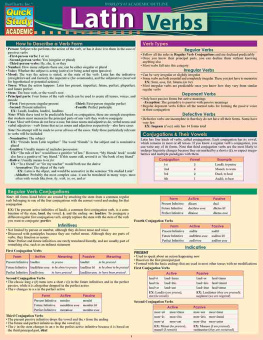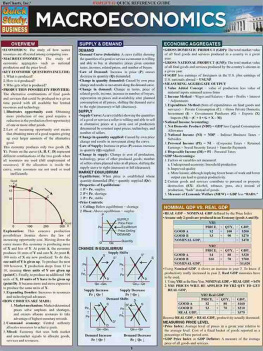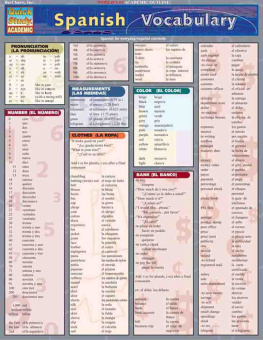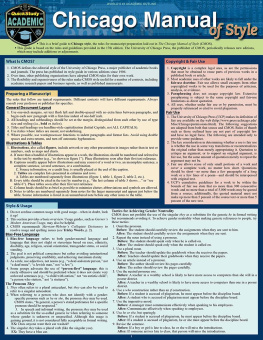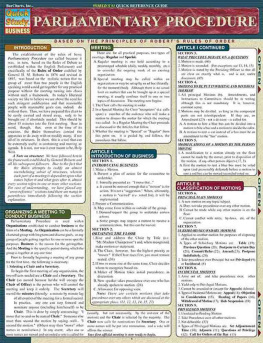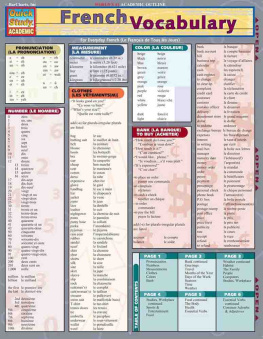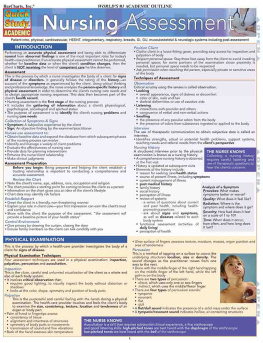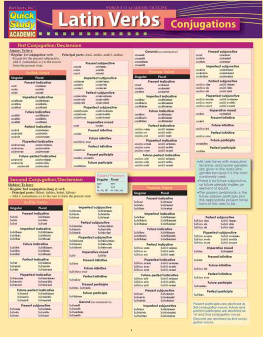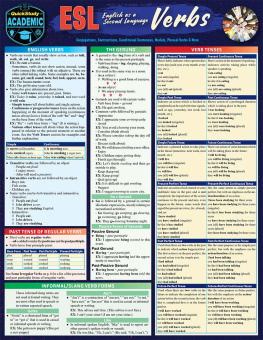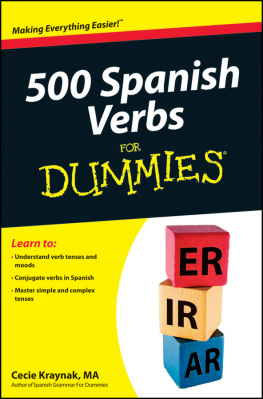How to Describe a Verb Form
- Person: Subject who performs the action of the verb, or has it done it to them in the case of passives verbs
- First-person verbs: I or we
- Second-person verbs: You (singular or plural)
- Third-person verbs: He, she, it, or they
- Number: How many subjects there are; can be either singular or plural
- Voice: Whether the subject is acting (active) or being acted upon (passive)
- Mood: The way the action is stated, or the state of the verb. Latin has the indicative (straightforward and factual), the imperative (for commands), and the subjunctive (reserved for hypothetical or potential actions)
- Tense: When the action happens. Latin has present, imperfect, future, perfect, pluperfect, and future perfect
- Stem: The base verb, or the words root
- Principal parts: Four forms of the verb which can be used to create all tenses, voices, and moods:
- First: First-person singular present
- Second: Present infinitive
- Third: First-person singular perfect
- Fourth: Perfect participle
EX: Laud, laudre, laudvi, laudtus Note: While these tend to be predictable based on conjugation, there are enough exceptions that students must memorize the principal parts of any verb they wish to conjugate
- Case: Most verb forms do not have a case, but since nouns and adjectives do, verbal nouns and verbal adjectivesverb forms that act as nouns and adjectives respectivelyalso have cases
Note: No attempt will be made to cover all uses of the cases. Only those particularly relevant to verbs will be included
- Nominative: The subjectEX: Friends learn Latin together. The word friends is the subject and is nominative plural
- Genitive: Usually means of; includes possessionEX: The rule of law would have a genitive of law. However, My friends book would also have a genitive of my friend. If this seems odd, reword it as the book of my friend
- Dative: Usually means to or forEX: To a friend or for my teacher would both use the dative
- Accusative: The object of the verbEX: Latin is the object, and would be accusative in the sentence He studied Latin
- Ablative: Probably the most complex case, it can be translated in many ways, most often with words like from, by, with, in, on, and at

Verb Types
Regular Verbs
- Follow all the rules in Regular Verb Conjugations and are declined predictably
- Once you know their principal parts, you can decline them without knowing anything else
- Most verbs fall into this category
Irregular Verbs
- Can be very irregular or slightly irregular
- Some verbs are both essential and completely irregular. These you just have to memorizeEX: Sum, esse, fu, futurus (to be)
- Most irregular verbs are predictable once you know how they vary from similar regular verbs
Deponent Verbs
- Only have passive forms but active meanings
- Exception: The gerundive is passive with passive meanings
- Regular deponent verbs follow all the normal rules for forming the passive voice in their conjugation
Defective Verbs
- Defective verbs are incomplete in that they do not have all their forms. Some have very fewEX: Inquam (I say) only has 14 forms total
Conjugations & Their Vowels
Latin has four kinds of verbs, called conjugations. Each conjugation has its vowel, which remains in most or all tenses. If you know a regular verbs conjugation, you can write any of its forms. Note that third conjugation verbs are the most likely to undergo linguistic changes because they are marked by a shorte(), so expect irregularities and multiple paradigms with them
| Conjugation | Vowel | Example |
|---|
| 1st | Laud, to praise |
| 2nd | Mone, to warn |
| 3rd | Duc, to lead |
| 4th | Audi, to hear |
Regular Verb Conjugations
Note: All forms listed below are created by attaching the stem from a common regular verb belonging to one of the four conjugations with the correct vowel and ending for that conjugation
EX: The present active infinitive of laud, a common first conjugation verb, is a combination of the stem, laud, the vowel, , and the ending -re: laudre. To conjugate a different regular first conjugation verb, simply replace the stem with the stem of the verb you want to conjugate: portre
InfinitivesFirst Conjugation Verbs
| Form | Active | Meaning | Passive | Meaning |
| Present Infinitive | laudre | to praise | laudr | to be praised |
| Future Infinitive | laudtrus esse | to be about to praise | laudtus r | to be about to be praised |
| Perfect Infinitive | laudvisse | to have praised | laudtus esse | to have been praised |
Second Conjugation Verbs
- The classic long e () turns into a short i () in the future infinitives and in the perfect passive, while it is altogether dropped in the perfect active
- The v changes to a u in the perfect active
| Form | Active | Passive |
| Present Infinitive | monre | monr |
| Future Infinitive | monitrus esse |

